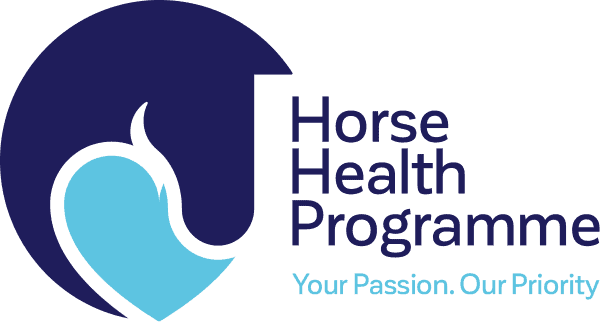Equine Influenza
This is a highly contagious viral disease of the upper and lower respiratory tracts. There are many different strains of the flu virus but the most common ones seen in this country are H7N7 and H3N8. Whilst equine flu is now endemic within the horse population, the virus strains continually mutate and therefore epidemics or outbreaks of disease can be seen. Vaccine companies regularly update the vaccine to protect your horse against the strains that are currently circulating in this country.
Equine influenza can be spread rapidly through a group of horses either via direct contact with an infected horse or indirectly via virus particles in the environment. It is therefore important to isolate any horse you suspect of having flu.
Clinical signs of flu
Clinical signs are generally seen one to five days after infection and can last for two to three weeks or longer if complications occur. Signs to look out for are:
- Harsh dry cough that can last for two to three weeks
- High temperature 38.5- 43⁰C (106⁰F)
- Clear moist nasal discharge that progresses to become thick and creamy yellowy-brown
- Depression and lethargy
- Decreased appetite
Infection with the flu virus can make the horse more susceptible to bacterial infections, and bronchitis or bacterial pneumonia can subsequently develop. This can prolong recovery time and increased treatment will be required.
Vaccination
Vaccinating against flu is highly recommended and is, in fact, mandatory if your horse is going on to any racecourses. The Jockey Club, international equestrian federation (FEI), competition bodies (such as BS,BD,BE etc.) and many show societies, Riding Clubs and Pony Clubs produce vaccination protocols to follow for equine influenza. These all vary and it is therefore important that you check the requirements for your particular society/body. Different vaccination companies also have different vaccination protocols so it can get very confusing to work out when each vaccination is required.
The most common equine influenza vaccination protocol (from January 2024) is:
- Initial primary vaccination course which involves two injections no less than 21 days and not more than 60 days apart.
- A first booster is then required at not less than 120 days and not more than 180 days after the second injection of the primary course.
- Subsequent boosters are then required at intervals of not more than 365 days apart, although following the equine influenza outbreak in 2019, many regulatory bodies and competition centres require that horses have 6 monthly boosters, to reduce the risk of transmission at large events.
It is your responsibility to ensure that your horse’s vaccinations are kept up-to-date and that they meet the requirements of the relevant regulatory body/authority.
Competition rules
- Each horse must have a valid vaccination certificate which is completed, signed and stamped by a veterinary surgeon.
- You must be able to show that your horse has had a primary vaccination course against equine influenza as stated above.
- No vaccination should be given in the seven days leading up to a competition or entry into a competition stables.
Check with the competition organisers/society as to what the protocol is for vaccinating against flu.
The Animal Health Trust gives some helpful information about what to do with flu. The Animal Health Trust are collating all information about the outbreaks, click here for further details on their website and also a helpful information sheet.
If you have any concerns or questions, please contact your local Horse Health Programme practice.





